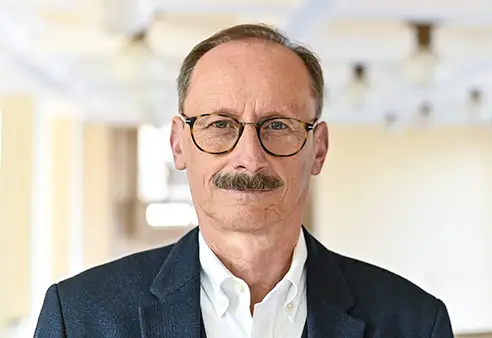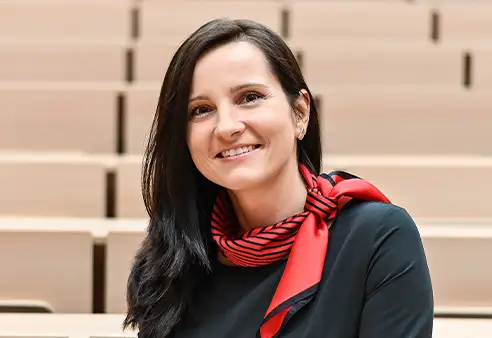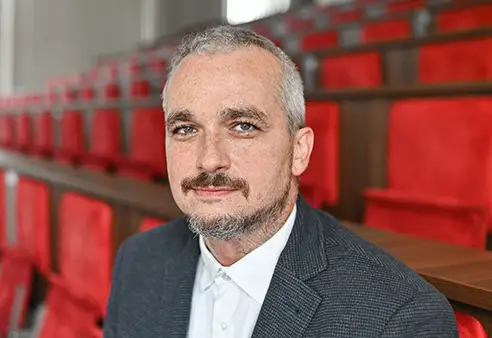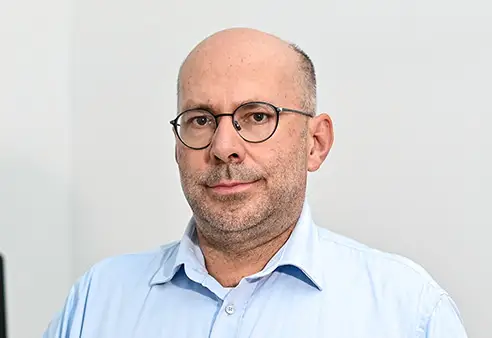Progressive production technologies have been used in industry for several decades, but the best years are still ahead. Unlike conventional methods of machining materials, they are not based on mechanical work, but on physical, chemical and non-traditional motion principles, such as machining using water jet, laser, plasma, ultrasound and the like. In many cases, this is the only possible way of manufacturing a component, says the dean of the Faculty of Production Technologies of the Technical University in Košice, Dr. h. c. multi prof. Ing. Jozef Zajac, CSc.
Unconventional methods bring along higher productivity, but also lower energy and material intensity, shortened production cycles, savings on human labour, less waste and lower impact on the environment. It is the possibilities and ways of their application in practice that are the main sphere of scientific interest of Jozef Zajac. Another directly related area, which he has been dealing with for a long time, is their monitoring in order to gain further theoretical and practical knowledge about new production processes.
"Students once asked me what my scientific credo was. I said making a component without labour, materials, energy and with endless life. "But it's not possible," they responded. That is true, I replied to them, but we must strive for it if we want to keep the country for our children at least in the same condition we got it from our parents. That is the mission of us engineers, "Jozef Zajac is convinced.
He considers himself a bit of an atypical university professor, which he attributes to the fact that before his second arrival at university he worked in the multinational engineering companies Cincinnati Milacron and Cimcool Industrial Products, where he made it thanks to his excellent theoretical knowledge, which surpassed graduates of foreign universities. As he notes, he was able to successfully apply this theoretical knowledge in solving practical problems. Owing to this, today, after returning to the academic sphere, he is able to better communicate to students what they can see behind formulas and lessons.
"A university professor who does not do science is just an ordinary replicator of what can be found in books or on the Internet. Such professors do not belong at universities, " Jozef Zajac emphasizes. "According to him, teaching in the highest educational institutions should be based on one\'s own knowledge. Scientific activity does not only open up new horizons for a professor, but it also forces him to think systematically, intuitively and creatively. It is important to learn to get to know things around us through science, " Jozef Zajac thinks and states that the most difficult thing is to observe the students\' work during the lecture, to find out in their eyes what captured their interest more, and to adapt the lecture to it. The interaction between professors and students is the basis of success. "Distance learning that we had to adapt to because of the coronavirus pandemic made it quite difficult for us, but we have to deal with it."
As Jozef Zajac points out, the faculty places special emphasis on the connection with practice, which finally stems from its name. Students do not solve fictitious tasks, but real projects in production plants. They can participate in the Student Program of Integrated Company Education and complete part of their studies directly in the company of their choice in the databases of the associations of the engineering and automotive industries, and not only in Slovakia. The connection of theory with practice already during the studies later shortens the adaptation time of fresh graduates upon gaining employment.
"I tell my students that the harder their studies are, the easier it will be for them to find a job, and they will also have higher earnings. There are fields of study that are easy to get into, but very difficult to find a job afterwards. Those who manage to graduate from our school will certainly not be lost later in life. When I meet my former students after a while, most of them tell me that I was right, "says Jozef Zajac. His faculty reached a 99 % success rate in graduates finding work within three months after graduation, with 70 to 80 % of them staying in Slovakia.



